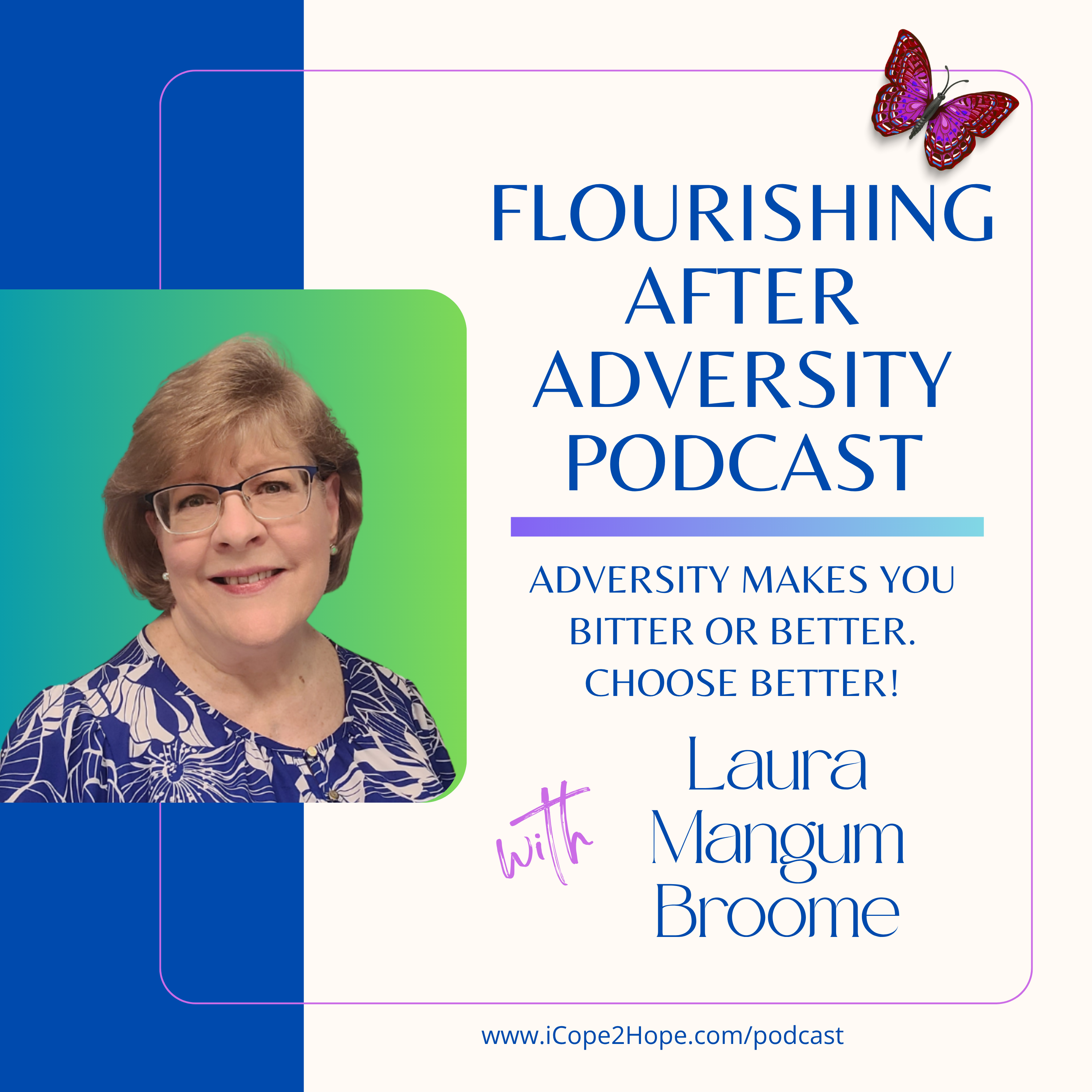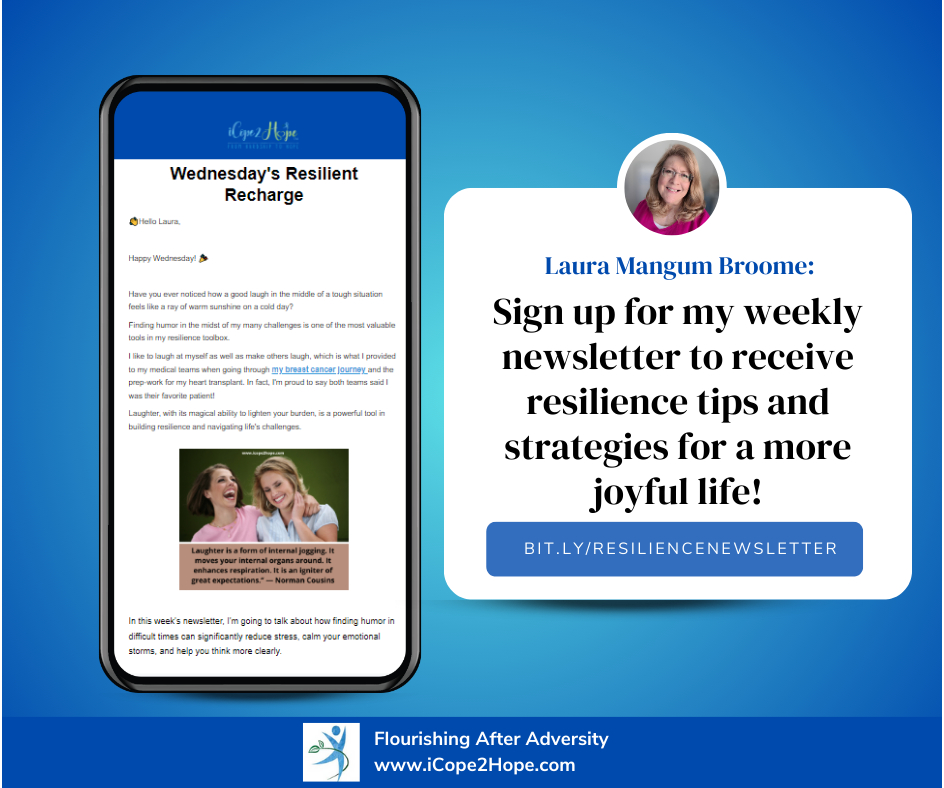Break Free From Isolation, Cultivate Resilience, and Rediscover Joy

As a resilience coach, I meet people from all walks of life who carry unseen weights on their shoulders.
If you've found your way here, it might be because you're feeling isolated due to personal struggles. This blog is a heartfelt note to you, an encouraging whisper that says, "You are not alone."
Feeling Lost
Often, life presents us with experiences that leave us feeling lost, vulnerable, and unable to express our pain to others.
It’s as if we’re locked in a room with our worries and fears, the key to which seems to have been misplaced. That key is your resilience.
It's Okay to Not Feel Okay
The first thing to remember is that it's perfectly okay to feel isolated. Struggles and personal issues can be overwhelming.
They can swallow us up and make the world feel like a vast, cold, unapproachable place. It's okay to retreat, to be alone, to allow yourself time and space to heal. It's okay not to be okay.
Your innate resilience is a powerful tool at your disposal. Your journey consists of identifying this tool, understanding its potential, and learning how to effectively employ it in your life.
Step 1: Acknowledging Your Emotions
The first step towards resilience is acknowledging your emotions. Often, the discomfort we feel in sharing our struggles stems from our own difficulty in understanding and accepting these feelings.
Take time each day to sit with your emotions. You don't need to understand them or resolve them right away, just let them exist.
This act of acknowledgment can be tremendously healing. It's a soft affirmation to yourself that says, "I see you. I hear you. I validate your feelings."
Step 2: Compassionate Self-Talk
The language we use with ourselves impacts how we perceive our experiences. Negative self-talk can reinforce feelings of isolation and struggle.
Start practicing compassionate self-talk. Instead of berating yourself for feeling a certain way, offer words of comfort.
Speak to yourself as you would to a dear friend. "It's okay, we'll get through this," "I'm proud of you for trying," or "You are worthy of love and joy" are simple affirmations that can light up the dark corners of your mind.
Step 3: Small Acts of Self-Care
During periods of isolation, self-care is crucial. And it doesn’t need to be grand gestures or indulgent pampering.
Simple, everyday activities like maintaining a healthy sleep schedule, staying hydrated, taking walks in nature, or engaging in a hobby can uplift your spirit.
These small acts send a powerful message to your psyche - you matter!
Step 4: Embrace Creative Outlets
Sometimes words fail us, and that's okay. Creative outlets like painting, journaling, dancing, or even cooking can serve as expressive channels for your feelings.
These activities are not about producing a masterpiece but about creating a safe space for your emotions to flow, transforming pain into something tangible, something you can touch, observe, and understand better.
Step 5: Connect with Others on Your Terms
While it's important to respect your need for solitude, total isolation is not healthy.
Remember, connection doesn't always mean deep, emotional conversations. It can simply be a shared silence, a mutual hobby, or a friendly chat about a book or a movie.
Start small, reach out to a trusted friend or family member, and gradually extend your comfort zone.
Step 6: Seek Professional Help
While the journey towards resilience is deeply personal, professional help can provide valuable tools and guidance.
A coach, counselor, or therapist can offer an unbiased perspective and help you develop coping strategies.
If you feel uncomfortable talking about your problems, consider writing them down and sharing them in your own time.
Step 7: Embrace Your Story
Each one of us has a unique story.
Your trials and tribulations, as painful as they may be, contribute to the person you are and will become.
Instead of shying away from your struggles, embrace them as part of your narrative.
Remember, your story is not defined by the struggles you face but how you rise above them.
Step 8: Develop Gratitude
Finding gratitude in the face of adversity can be a transformative practice.
It doesn't mean minimizing your struggles, but recognizing the other aspects of your life that bring you joy and happiness.
Begin by listing three small things you're grateful for each day. Over time, this practice can shift your focus from isolation to a broader perspective of life.
Step 9: Envision Your Future Self
Imagine the person you want to become. How does this future self-handle adversity?
What qualities do they possess? How do they find joy?
This visualization exercise can give you a sense of direction and help you chart the path from where you are now to where you want to be.
Step 10: Celebrate Small Victories
Resilience isn't built overnight. It’s the result of countless small steps taken in the face of adversity.
Each step, no matter how small, is a victory. Celebrate these moments.
Every time you acknowledge your emotions, practice self-care, or reach out to a friend, you’re taking a step toward resilience.
You're reclaiming your narrative, turning pain into purpose, and moving closer to joy.
Conclusion
Remember, you are not alone in your journey.
It's okay to feel isolated, and it's okay to take your time to heal.
Be gentle with yourself, embrace your emotions, and gradually step into the light. Life is a beautiful tapestry of highs and lows.
Just as night gives way to day, your season of isolation will give way to a season of joy.
In the heart of struggle, remember this - you are resilient, you are powerful, and you are deserving of all the happiness and joy that life has to offer.
Keep going, keep growing, and remember to embrace the joy that's waiting just around the corner.
You are stronger than you think, braver than you know, and more resilient than you believe. Here's to your journey of resilience, self-discovery, and joy.
You Don't Have To Figure This Out on Your Own
I can be your guide. If you would like to see how we can work together, book a FREE 30-minute coaching call.
Grab Your Free Guide!
The Reframe the Spiral: 5 Coping Strategies to Shift Negative Thoughts & Reclaim Your Day workbook walks you step-by-step through 5 proven mindset strategies to help you stop negative thoughts in their tracks and reconnect to your strength. You'll learn how to:
- Stop letting your inner critic lead your day
- Discover clarity despite chaos
- Calm intense emotions
- Rebuild your self-trust and confidence
- Create a plan for real possibility
Stay connected with news and updates!
Join our mailing list to receive the latest tips and proven coping strategies to strengthen your resilience. You CAN turn obstacles into opportunities and flourish in life.
We hate SPAM. We will never sell your information, for any reason.



